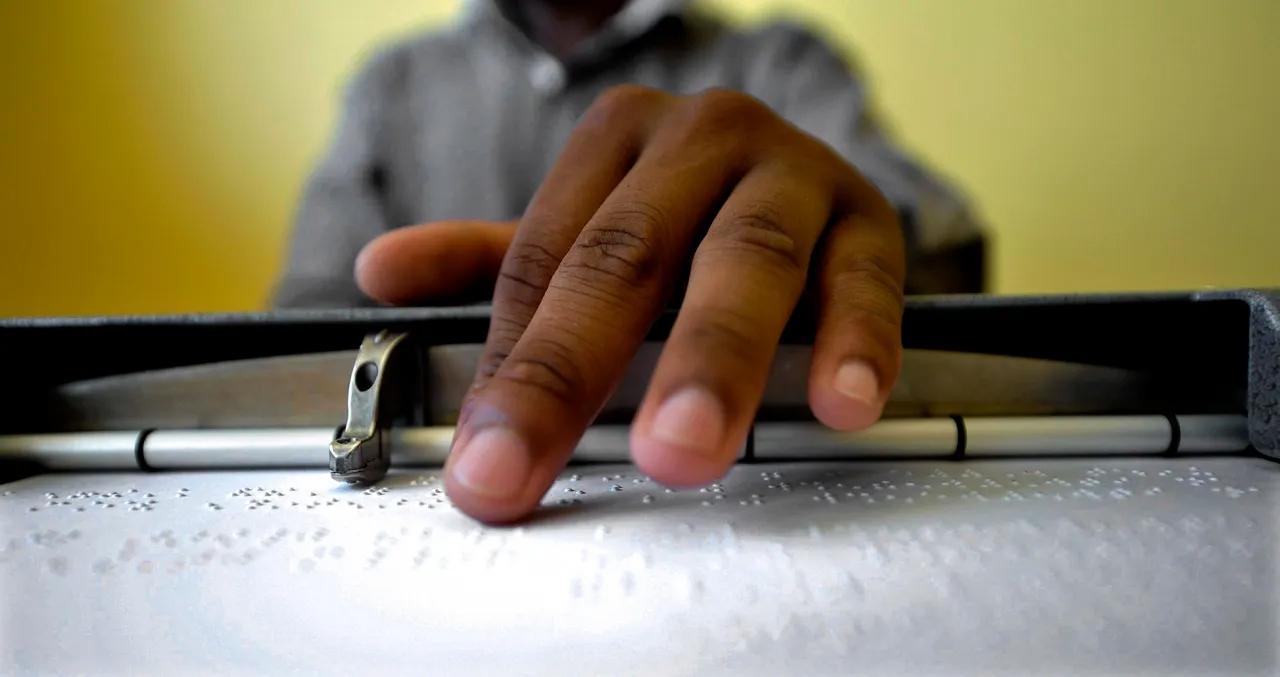SECTION27, representing Blind SA, has filed an urgent application in the Constitutional Court against President Cyril Ramaphosa for failing to sign the Copyright Amendment Bill (CAB). This action follows a case two years ago when the Constitutional Court ruled on a matter also brought by Blind SA, challenging the constitutionality of the Copyright Act for infringing on the rights of blind and visually impaired individuals.
Blind SA has been at the forefront of a decades-long campaign to end the “book famine” for blind and partially sighted people. In 2022, it argued that the Copyright Act of 1978 violates the rights of individuals with visual disabilities, especially their rights to equality, dignity, access to basic and further education, freedom of expression, language, and participation in cultural activities of their choice.
Read more: Passing of Copyright Bill into law will give Deaf and blind people a fair deal
The Copyright Act has resulted in a severe shortage of accessible reading materials for blind and visually impaired persons, with only 0.5% of published works available in formats like Braille in South Africa. Under the Act, blind and visually impaired individuals had to first obtain permission from copyright holders before converting texts into accessible formats, a process that is costly and time-consuming, with many of their requests going unanswered.
On 21 September 2022, the Constitutional Court declared the Copyright Act unconstitutional to the extent that it restricted access to reading materials for blind and visually impaired individuals. The court ruled in favour of Blind SA, ordering Parliament to amend the Act by 21 September 2024 to ensure the rights of blind and visually impaired persons and their access to books in accessible formats. In addition, the court crafted an exception to copyright for persons who are blind and visually impaired, which was to be immediately read into the Act as an interim remedy while Parliament did its work.
Since then, Parliament has been working to address the Act’s shortcomings through draft legislation called the Copyright Amendment Bill (CAB). This bill includes exceptions for persons with disabilities. On 29 February 2024, both Houses of Parliament approved the CAB and sent it to the President for his signature. However, the CAB has not yet been signed. Once the President signs the Bill, known as “assent”, it will become law.
The court-ordered deadline of 21 September 2024 has passed, resulting in a legal gap with regards to how reading materials can be converted into accessible formats for blind and visually impaired persons. In addition, without a specific exception in the Copyright Act, South Africa cannot join the Marrakesh Treaty, which would enable cross-border exchanges and make hundreds of thousands of titles available in accessible formats. The treaty, adopted by the World Intellectual Property Organisation in 2013, facilitates the production and international transfer of specially adapted books for the visually impaired.
Read more: Broad fair-use exceptions in transformative Copyright Bill are a feature, not a bug
Blind SA’s Jace Nair adds: “Blind SA is deeply disappointed that despite Parliament fulfilling the Constitutional Court’s directives, the President has yet to sign the Copyright Amendment Bill into law. This delay jeopardises the exceptions and limitations outlined by the Constitutional Court. As a result, we are left in a legal vacuum.”
Through this latest court application, Blind SA contends that the President has failed to fulfil his duty to sign the CAB. It is seeking a mandatory order requiring the President to sign the CAB within 10 days of obtaining the order, or alternatively, that the Copyright Act be deemed to include the previously court-ordered exception. DM
Linda Daniels is a freelance journalist.
This article is more than a year old
Op-eds
SECTION27 launches urgent application against President for failing to sign Copyright Amendment Bill
Parliament has done its bit and the Constitutional Court-ordered deadline to amend the Bill has passed, but the President’s failure to sign it has created a ‘legal vacuum’.




